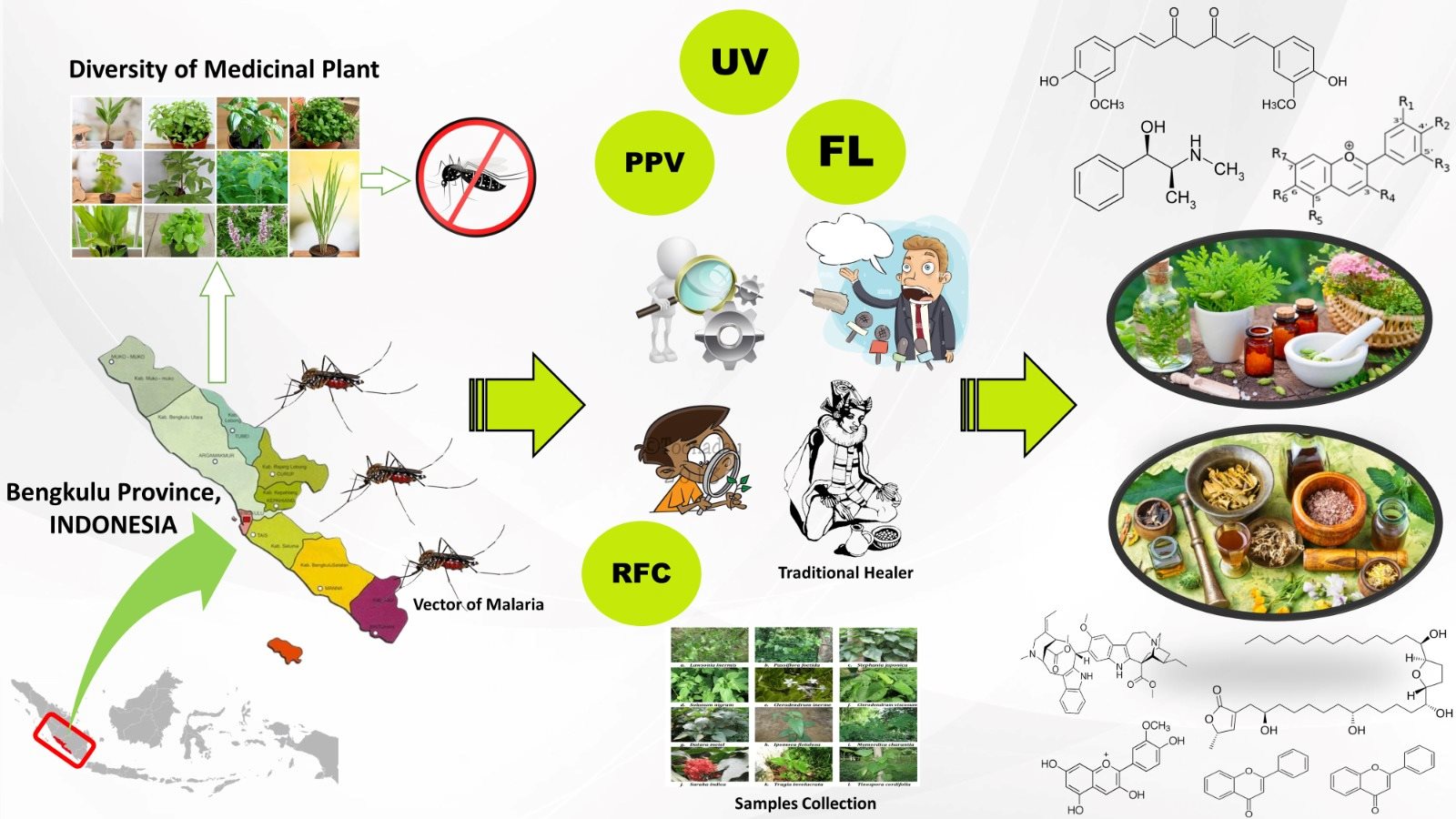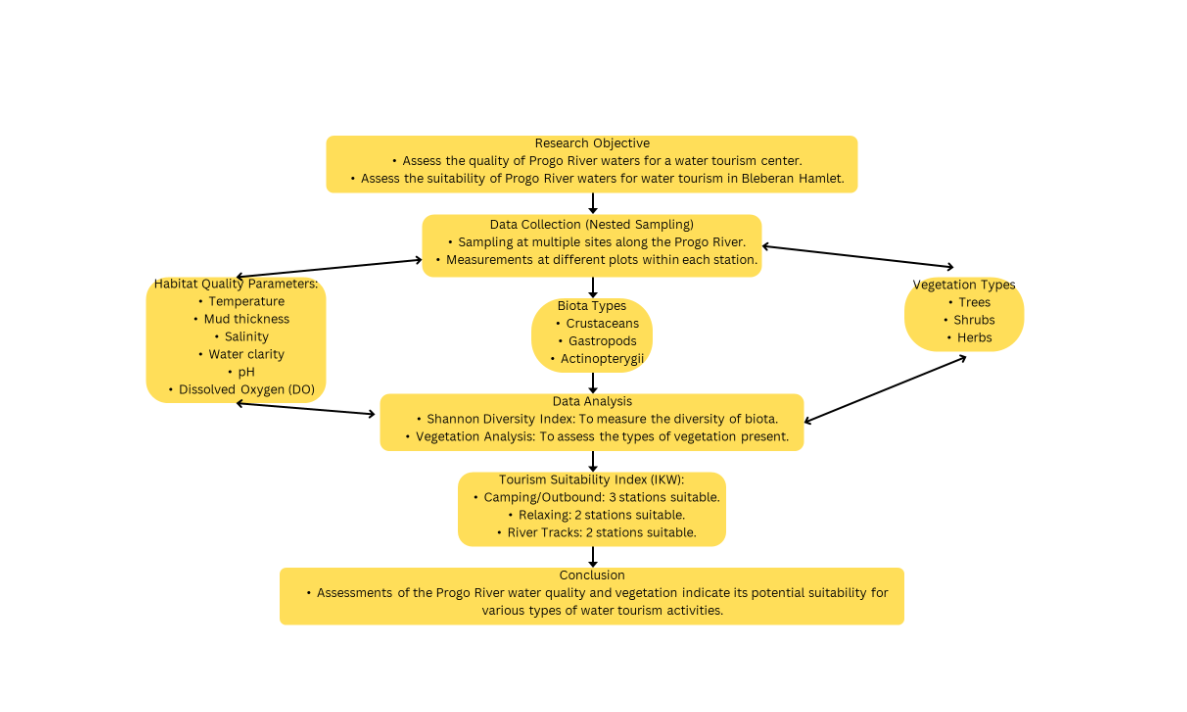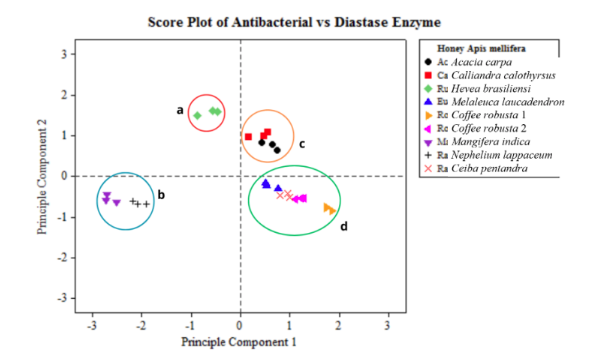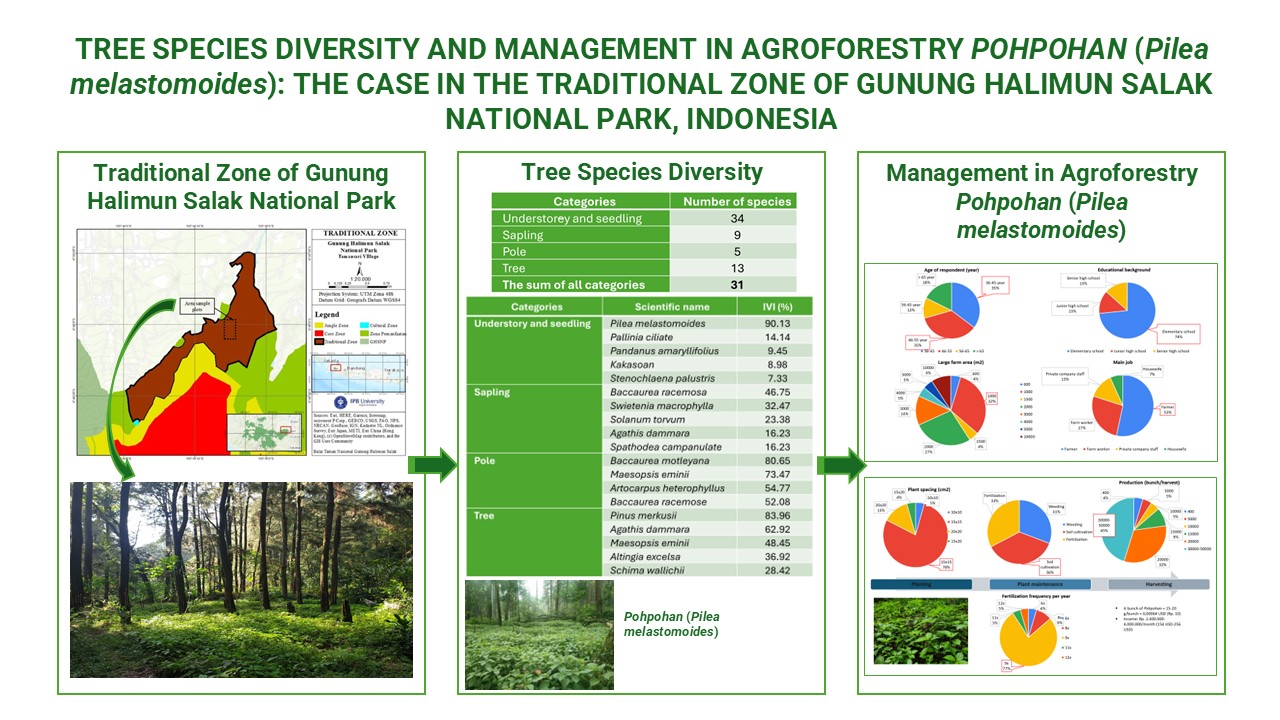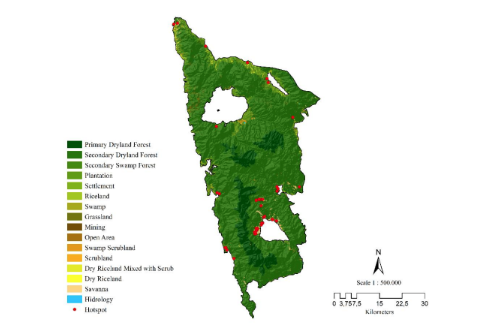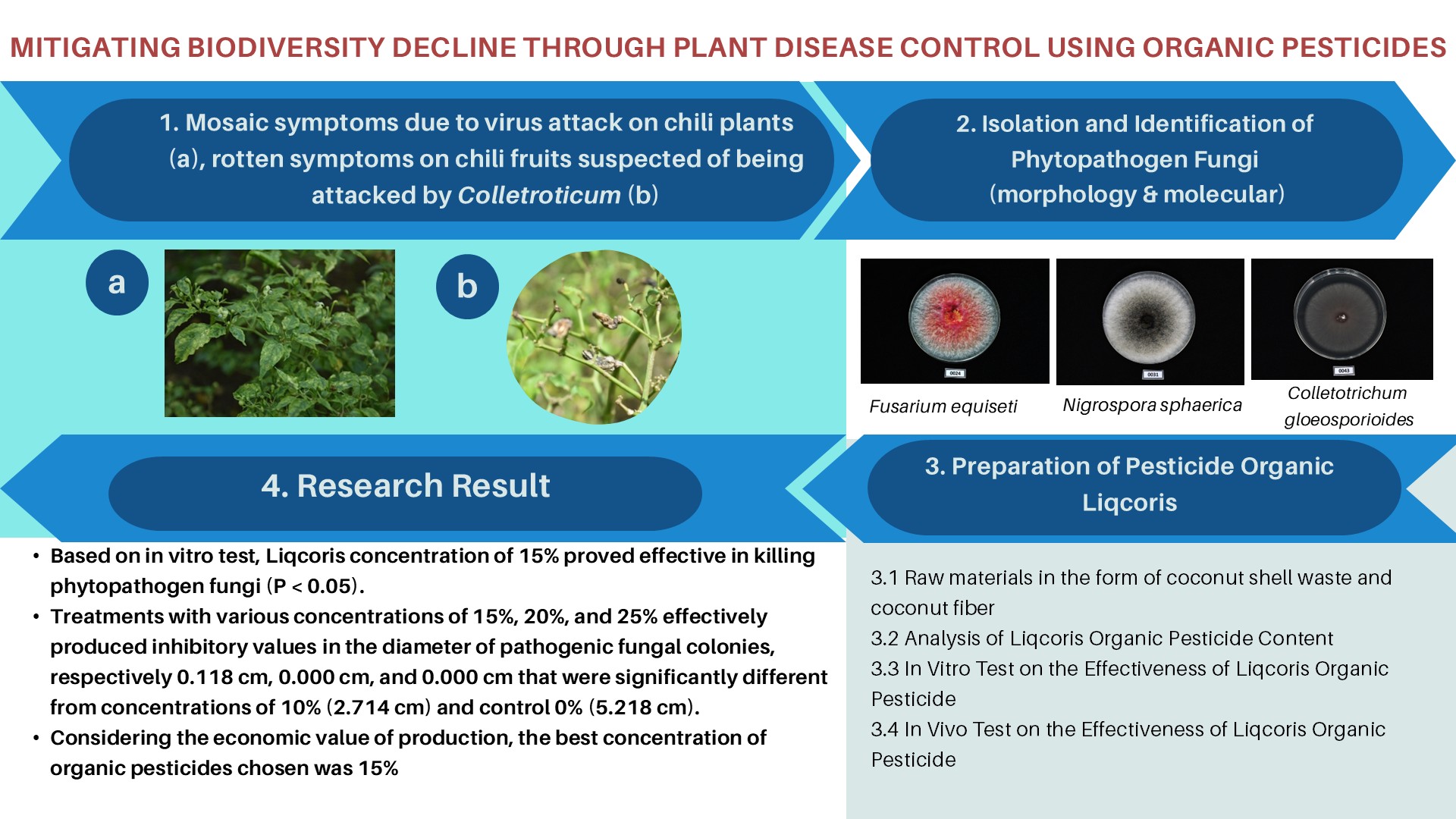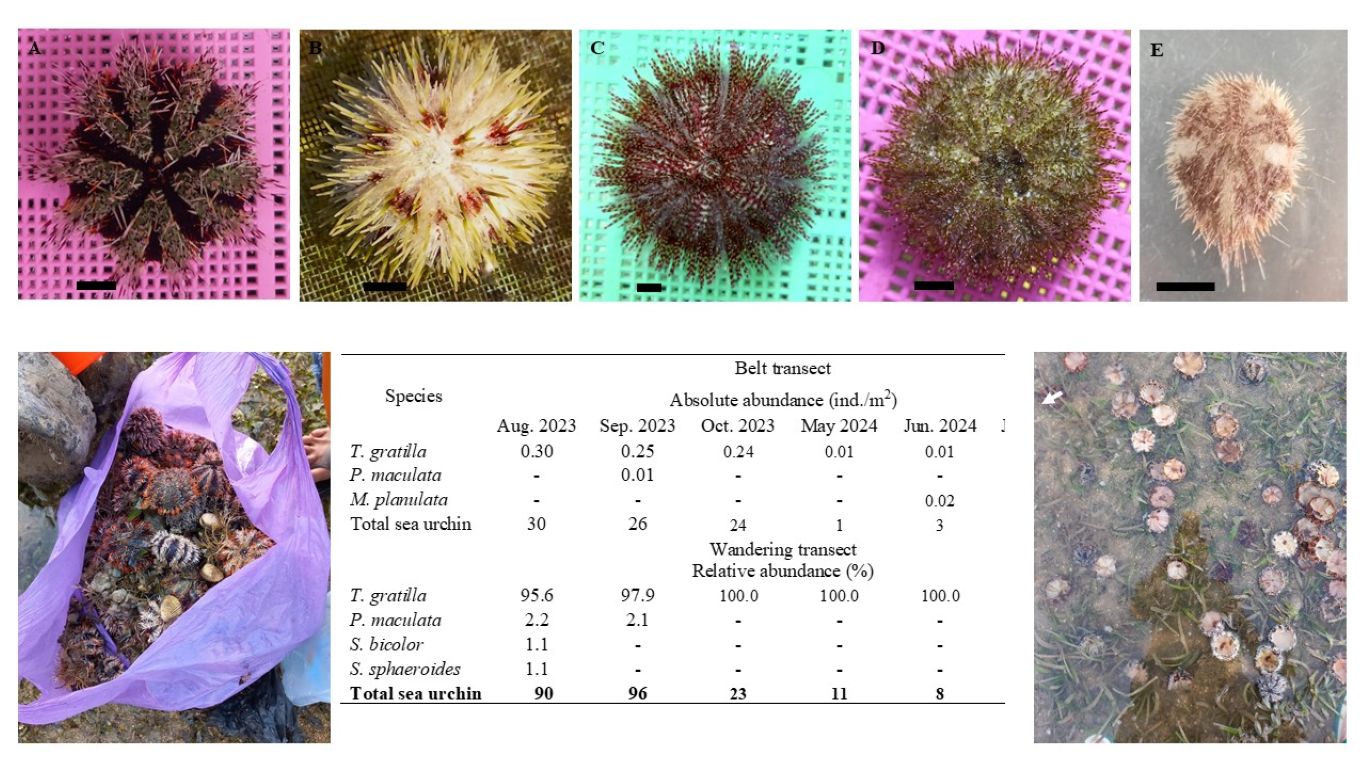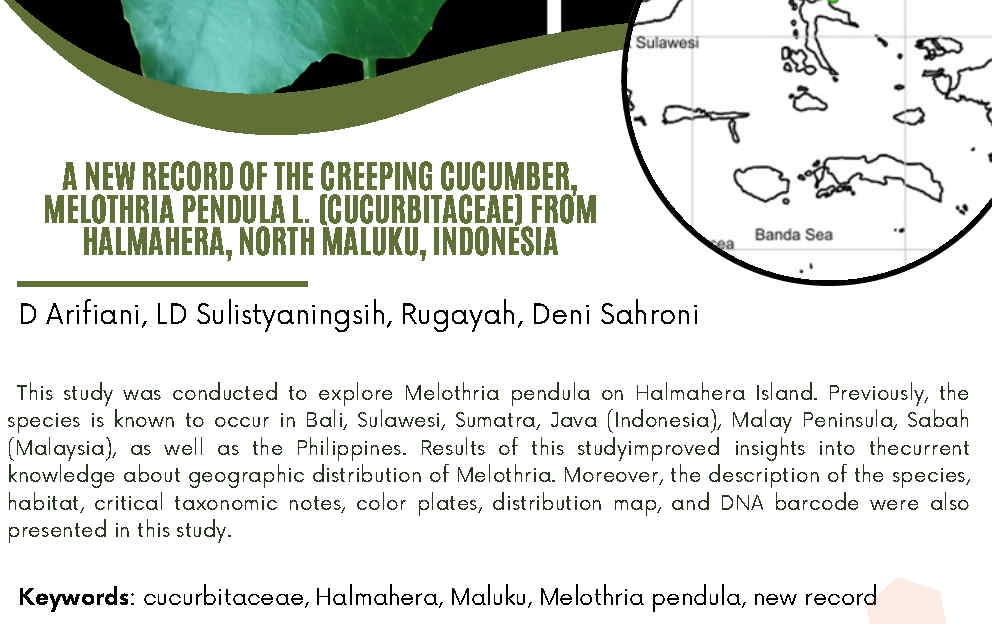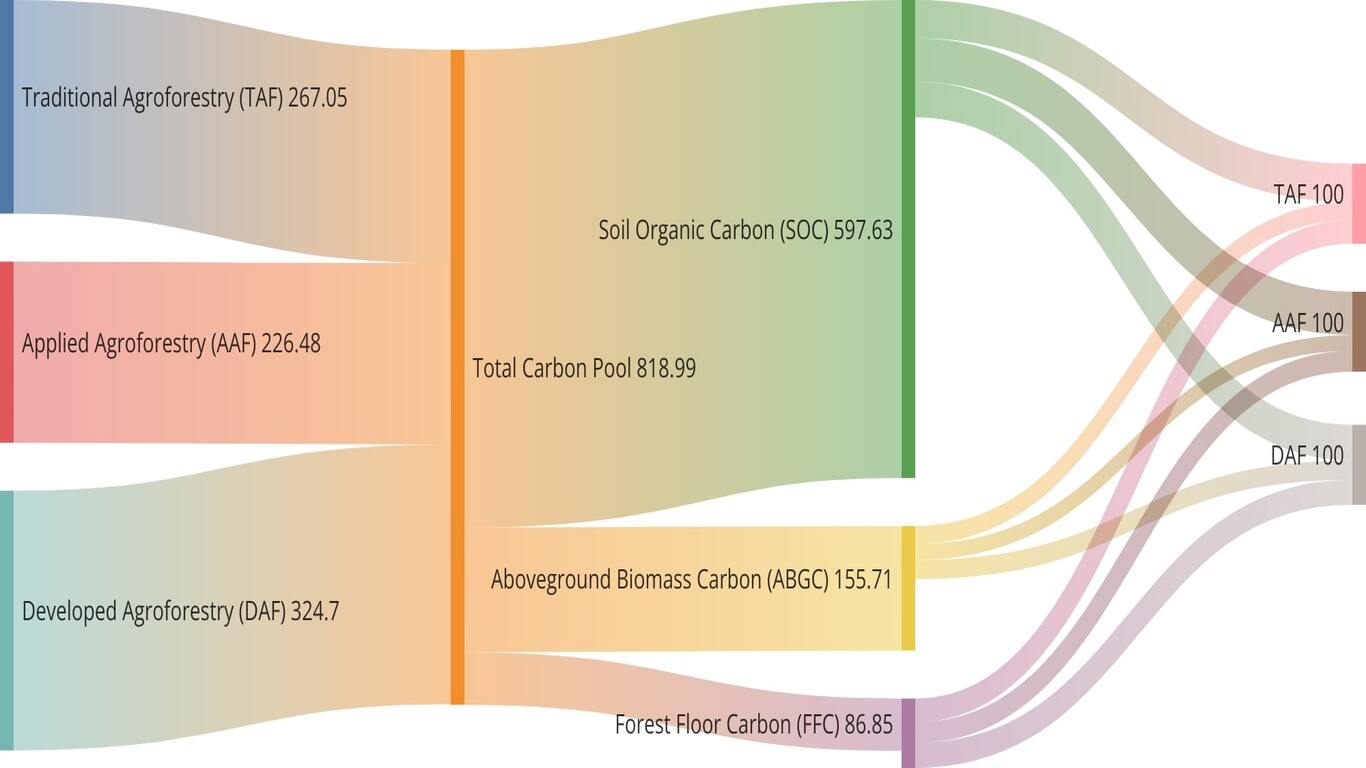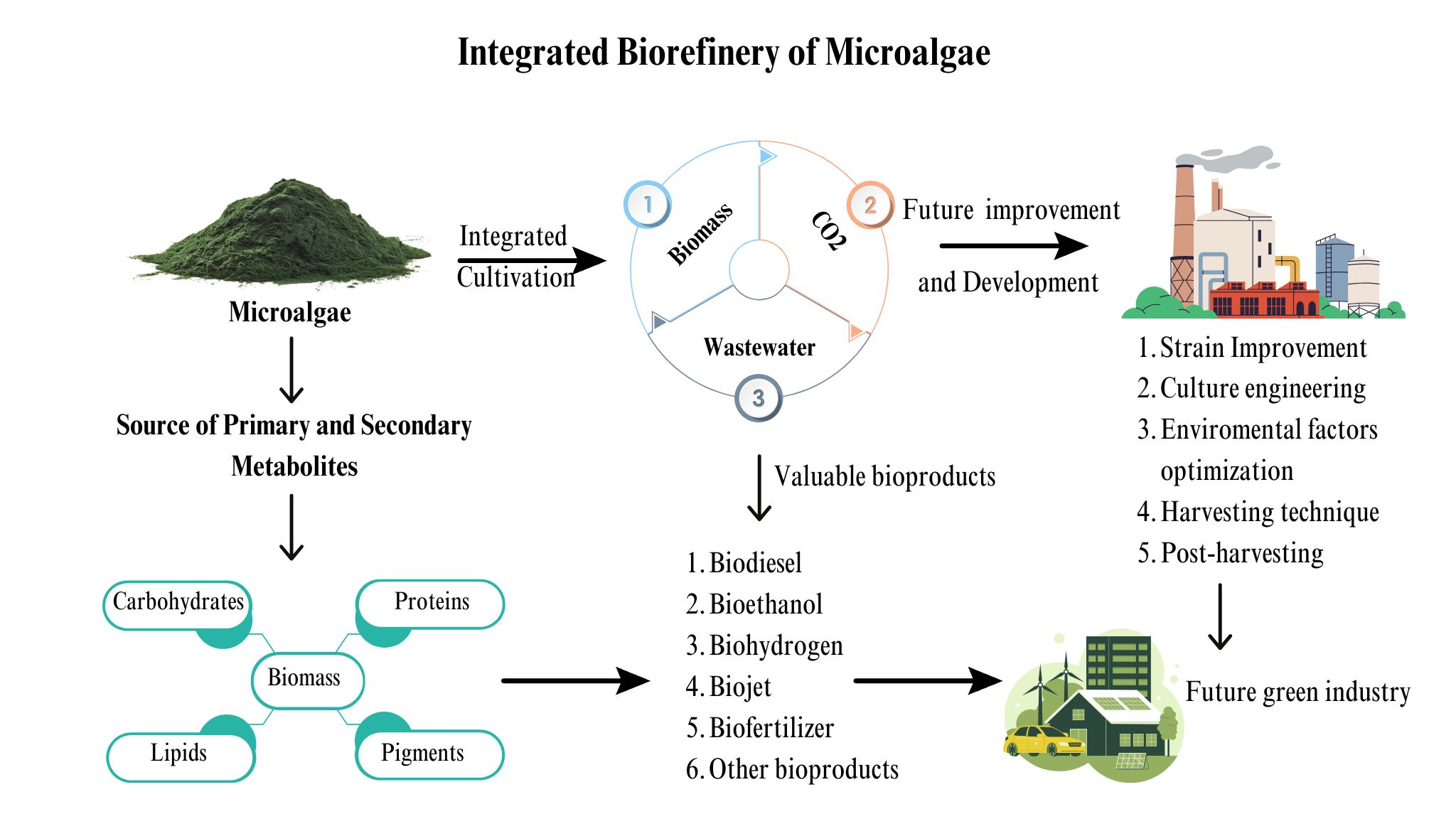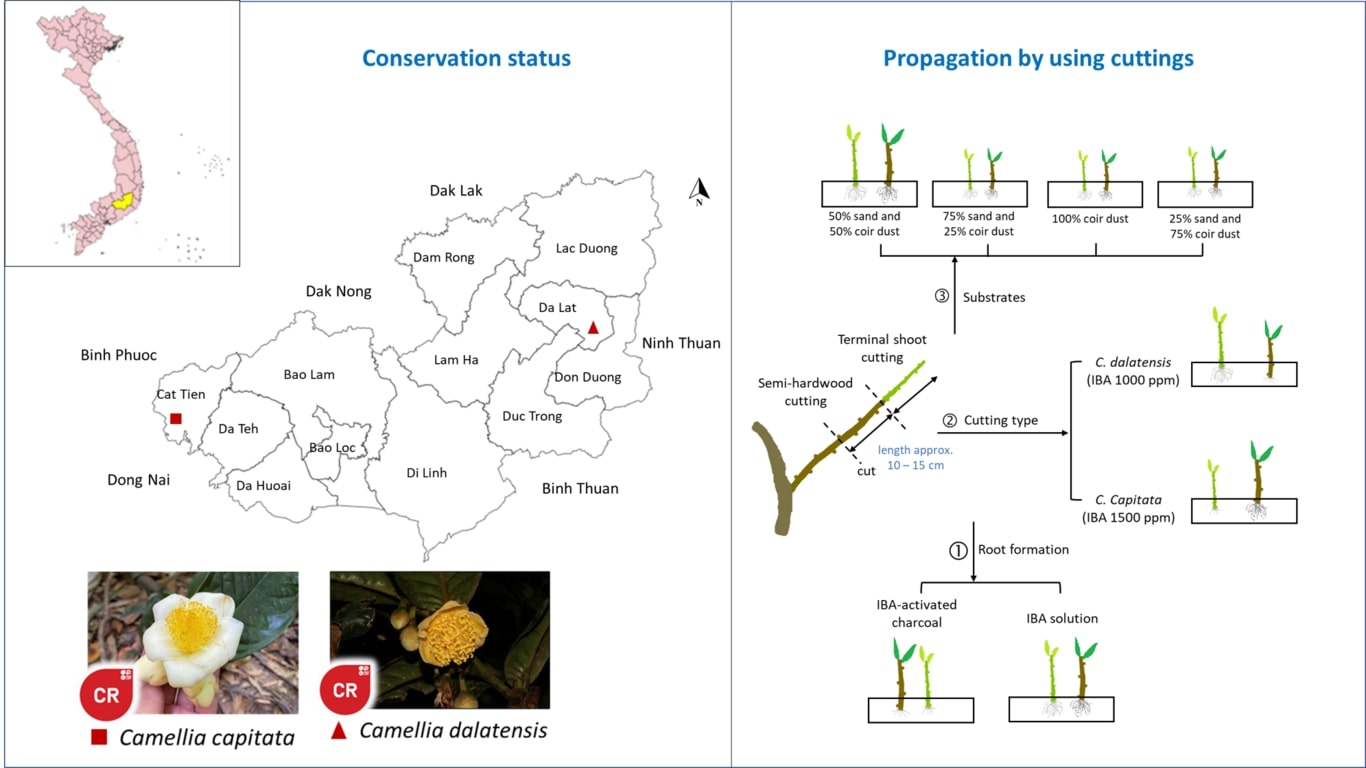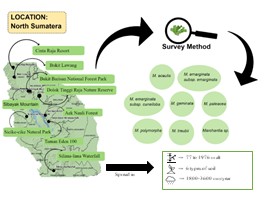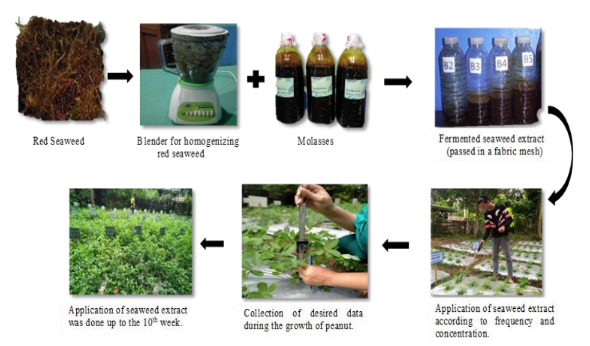ETHNOBOTANICAL STUDY OF DIGESTIVE SYSTEMS DISORDERS IN BADUY ETHNIC, INDONESIA
Downloads
Digestive disorders rank among the most common problems faced in Indonesia, especially for the Baduy people in Banten Province. Although the Baduy live in water-rich areas, their lack of sanitation facilities and unawareness of methods of disease prevention have prompted high morbidity and mortality rates in their communities, largely due to digestive system disorders that they continue to treat with medicinal plants. This survey was undertaken to document Baduy indigenous medicinal plants that were used to treat and prevent different types of digestive system disorders in their communities using quantitative ethnobotanical approaches. Ethno medicinal data were collected from 30 informants regarding their knowledge on medicinal plants. Quantitative approaches were used to determine the use value and informant consensus factor values of collected data. The results revealed that the Baduy currently use 54 medicinal plant species belonging to 30 families to treat digestive system disorders. Additional research is required, however, to validate the function of the medicinal plants and identify their active compounds.
Downloads
Copyright (c) 2020 BIOTROPIA - The Southeast Asian Journal of Tropical Biology

This work is licensed under a Creative Commons Attribution-NonCommercial-NoDerivatives 4.0 International License.
Authors who publish with this journal agree with the following terms:
- Authors retain copyright and grant the journal right of first publication, with the work 1 year after publication simultaneously licensed under a Creative Commons attribution-noncommerical-noderivates 4.0 International License that allows others to share, copy and redistribute the work in any medium or format, but only where the use is for non-commercial purposes and an acknowledgement of the work's authorship and initial publication in this journal is mentioned.
- Authors are able to enter into separate, additional contractual arrangements for the non-exclusive distribution of the journal's published version of the work (e.g., post it to an institutional repository or publish it in a book), with an acknowledgement of its initial publication in this journal.
- Authors are permitted and encouraged to post their work online (e.g., in institutional repositories or on their website) prior to and during the submission process, as it can lead to productive exchanges, as well as earlier and greater citation of published work (See The Effect of Open Access).

